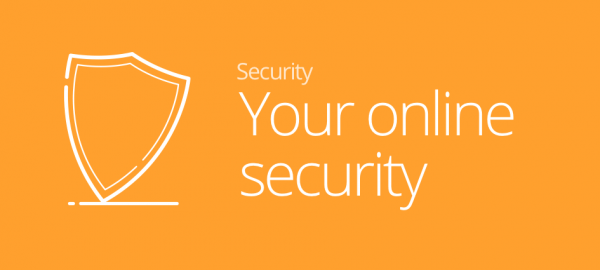The fifth generation (5G) mobile network offers many advantages in terms of speed. It allows faster, smoother downloads of video and other content.
5G has the potential to change the way we use mobile data in both our business and personal lives so what implications does it have for online security?
Device connections
The risk from 5G use is unlikely to come from the technology itself.
5G uses encryption and improved verification methods so it is
significantly better than the earlier 3G and 4G standards. However, this
does not mean it is protected from all threats.
In practice,
the biggest issue is likely to come from the Internet of Things (IoT).
5G makes new data connections possible so there will be new ways to
exploit devices. A whole range of IoT devices including security
cameras, smart speakers, fridges, baby monitors, medical devices and
lots more are now connected to the internet and this presents online
security risks.
The Internet of Things (IoT)
There will be as many as 25 billion IoT devices by 2021. These are likely to attract hackers according to Gartner research. The problem is, low-cost IoT devices don’t have the processing power to support the sophisticated security that computers and smartphones enjoy.
Using 5G speed, hackers can rapidly scan devices for vulnerabilities like default passwords. Once a connected device is exploited, criminals can extract and transfer data quickly, before the attack is even discovered.
Direct connections to mobile internet makes cyber attacks easier as there’s no added security of domestic routers and firewalls. It can also be an issue for businesses if employees use 5G instead of the secure network to access corporate data.
New attacks on online security
While most 5G attacks are likely to have evolved from existing threats, it opens up some new avenues too. New technology incorporating artificial intelligence and so-called ‘deep fakes’ could lead to the creation of robot calls that imitate trusted friends or businesses.
As 5G becomes a key part of many countries’ communication infrastructure, it will likely become a tempting target for nation-state attackers too. These attacks will seek to disrupt communications and other activity.
As with any technology, basic errors such as misconfiguration can leave online security vulnerable. In an effort to prevent problems, communications providers and governments are scrambling to introduce security standards for 5G. It’s important the risks are understood and corrected before they become a major threat.

